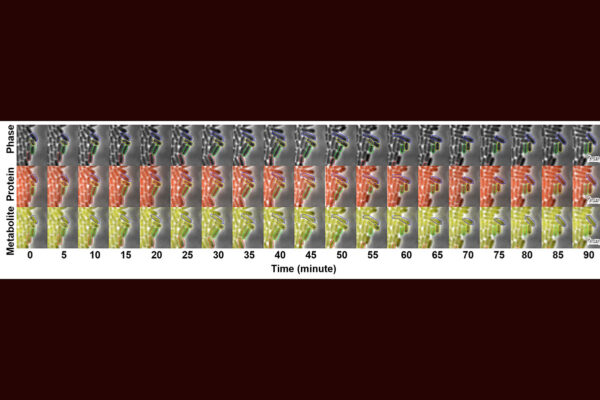
A groundbreaking study has revealed that combining fish oil supplements with weight training can significantly enhance antioxidant defenses, improve lipid profiles, and sharpen neuromuscular function, even in already fit young men. This research, published in the journal Nutrients, offers new insights into the potential benefits of omega-3 supplements for athletes and fitness enthusiasts.
The study, titled “The Effects of Omega-3 Supplementation Combined with Strength Training on Neuro-Biomarkers, Inflammatory and Antioxidant Responses, and the Lipid Profile in Physically Healthy Adults,” highlights the growing interest in alternative nutritional strategies to boost athletic performance. Omega-3 fatty acids, known for their anti-inflammatory and antioxidant properties, are increasingly popular among those seeking to optimize their physical health.
The Role of Omega-3 in Athletic Performance
As exercise, nutrition, and stress management remain the cornerstones of a healthy lifestyle, the rise of specialized physical training has necessitated new approaches to maintaining health and enhancing performance. Omega-3 supplements, particularly those rich in EPA and DHA, are commonly used by athletes to combat oxidative stress and inflammation, which can impair muscle performance and recovery.
During intense exercise, the body’s antioxidant capacity can be overwhelmed, leading to inflammation and muscle cell damage. Omega-3 fatty acids, found in oily fish and certain plant foods, are essential for reducing this oxidative stress. However, the conversion of plant-based omega-3s to EPA and DHA is limited, making fish oil supplements a preferred choice for many athletes.
Mechanisms and Benefits
Research has shown that omega-3 supplements can reduce fatigue and inflammation, enhance muscle protein synthesis, and accelerate recovery. They work by modulating the mTOR signaling pathway, which is crucial for muscle growth and adaptation. Furthermore, omega-3s improve nerve transmission and membrane fluidity, essential for neuromuscular function.
“Omega-3 supplementation optimizes energy metabolism and enhances mitochondrial function, improving ATP production and boosting cell recovery.”
Despite these known benefits, few studies have explored the specific impact of omega-3 supplements on resistance training outcomes. This latest research aims to fill that gap, providing evidence for future nutritional strategies to enhance athletic recovery and performance.
Study Insights and Findings
The study involved 30 physically active males aged 18-30, divided into two groups: one receiving omega-3 supplements alongside resistance training, and a control group engaging only in resistance training. Over eight weeks, various biomarkers were analyzed to assess the impact of omega-3 supplementation.
Biomarker Analysis
Key findings included significant improvements in lipid profiles, with an 8-10% reduction in LDL cholesterol and triglycerides, and an 11% increase in HDL cholesterol. These changes suggest a reduced cardiovascular risk among participants.
“Inflammatory markers like IL-6 and TNF-α were reduced by 27-41%, while antioxidant capacity increased with 15% higher glutathione and 33% lower malondialdehyde levels.”
Neurological markers such as BDNF, dopamine, and serotonin also saw increases of 12-19%, indicating enhanced cognitive flexibility and neuromuscular function. These improvements translated into better physical performance, with increased strength, speed, agility, and reflexes.
Implications for Athletes
The study’s findings suggest that omega-3 supplements could significantly enhance athletic performance, particularly in competitive settings where quick reflexes and explosive movements are crucial. The improvements observed in neuromuscular power and metabolic resilience highlight the potential of omega-3s to optimize athletic adaptations and recovery.
These results are particularly noteworthy given the study’s focus on resistance-trained adults, who typically experience slower performance improvements. The convergence of anti-inflammatory, anabolic, and structural membrane effects likely explains the superior strength gains observed.
“This combination may represent a promising strategy for optimizing athletic adaptations and recovery in physically active populations.”
Looking Ahead
While the study provides compelling evidence for the benefits of omega-3 supplementation, it also highlights the need for further research. The small, homogeneous sample size and lack of a placebo control suggest that future studies should include more diverse populations and explore other training modalities to enhance the generalizability of these findings.
As the understanding of omega-3’s role in athletic performance continues to evolve, athletes and fitness enthusiasts may increasingly turn to these supplements as a strategic component of their training regimen.







